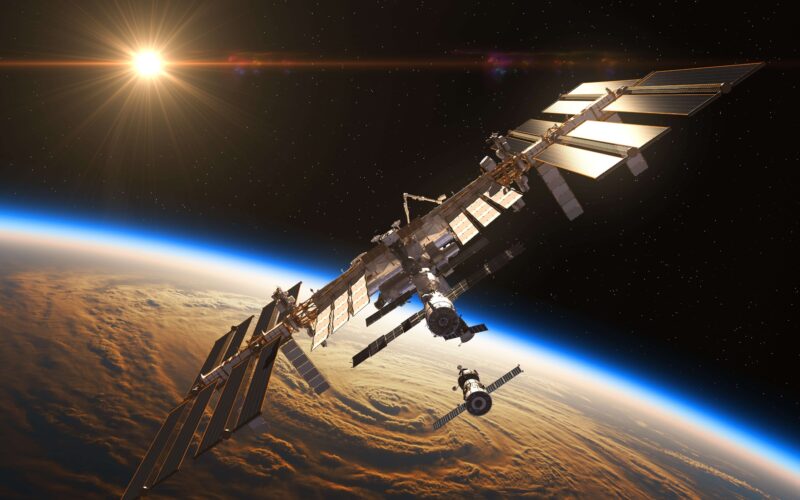The Biden administration announced the United States was committed to extending the International Space Station (ISS) operations until 2030.
“The International Space Station is a beacon of peaceful international scientific collaboration and for more than 20 years has returned enormous scientific, educational, and technological developments to benefit humanity,” NASA Administrator Bill Nelson announced in a statement.
To enable the use of the ISS throughout the rest of this decade, NASA needs support from Russia, Japan, Canada, and Europe’s space agencies. If supported, NASA would continue working with international partners in the ISS for six more years.
The ISS is a multinational science laboratory in space that has been orbiting since 1988 and has been funded to operate until 2024. Over its 23 years of operation, the station has conducted more than 3,000 experiments from over 4,200 researchers from across the globe.
“As more and more nations are active in space, it’s more important than ever that the United States continues to lead the world in growing international alliances and modeling rules and norms for the peaceful and responsible use of space,” Nelson added.
The European Space Agency (ESA) has previously supported the idea of extending the ISS life beyond 2024.
Meanwhile, Russia already shared its intention to create an independent space station and divest from the ISS in 2025. However, Russia’s active presence in the ISS matters has been apparent. Recently, Roscosmos has attached a new docking node module, called Prichal, and a new multipurpose laboratory, called Nauka, to the ISS.
Roscosmos, Russia’s equivalent to NASA, still owns approximately a quarter of the ISS, known as the Russian segment. It is responsible for navigation and control of the entire spacecraft, and without it, the station would not be able to function.
China, which was denied access to the ISS program, is currently building its own space station, called Tiangong. It is expected that the China Space Station will be fully operational by the end of 2022.

